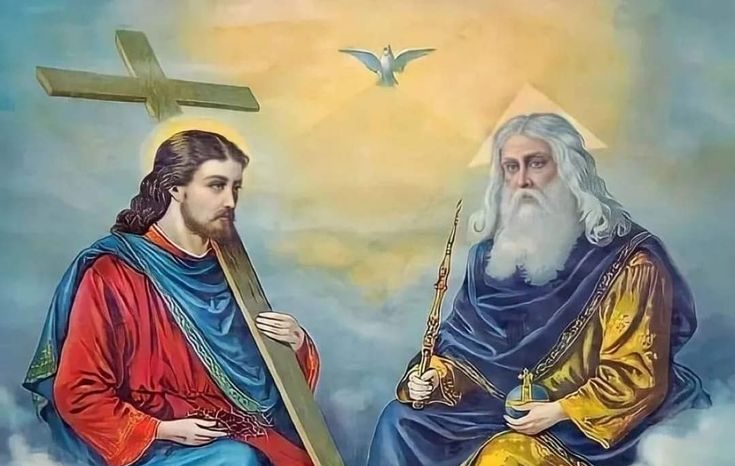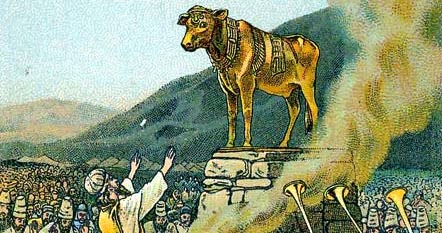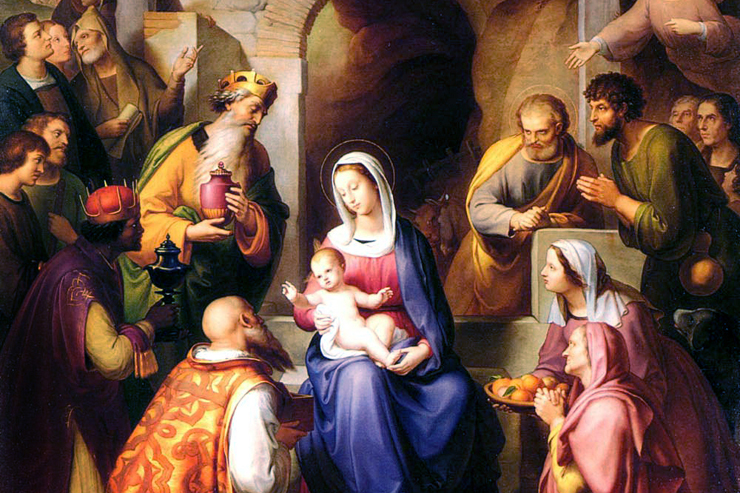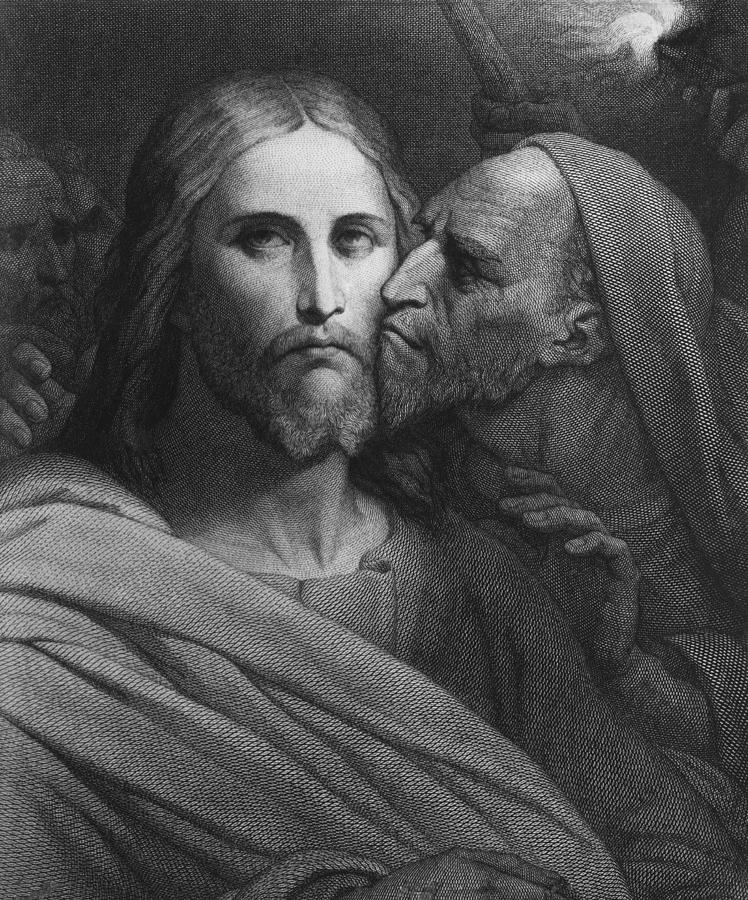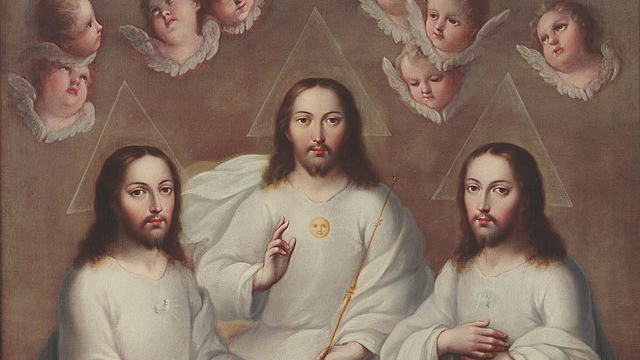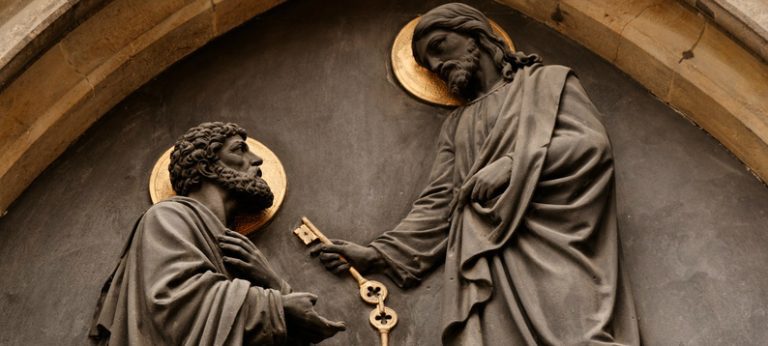Chapter 8 of the Book of Acts describes Simon Magus, a clever magician. He made a living by convincing people to give him money for his tricks and insights. When he met the Apostle Philip, who was preaching about Jesus, Simon Magus saw real miracles. As a professional magician, he knew the miracles Philip performed were real. He was so impressed with that power that He became baptized. We may assume that he received The Sacraments.
The Bible’s account:
9 Now for some time a man named Simon had practiced sorcery in the city and amazed all the people of Samaria. He boasted that he was someone great, 10 and all the people, both high and low, gave him their attention and exclaimed, “This man is rightly called the Great Power of God.” 11 They followed him because he had amazed them for a long time with his sorcery. 12 But when they believed Philip as he proclaimed the good news of the kingdom of God and the name of Jesus Christ, they were baptized, both men and women. 13 Simon himself believed and was baptized. And he followed Philip everywhere, astonished by the great signs and miracles he saw.
Simon Magus was very impressed by what he’d seen St. Philip do. He hadn’t ever seen such miracles. There was more to come:
14 When the apostles in Jerusalem heard that Samaria had accepted the word of God, they sent Peter and John to Samaria. 15 When they arrived, they prayed for the new believers there that they might receive the Holy Spirit, 16 because the Holy Spirit had not yet come on any of them; they had simply been baptized in the name of the Lord Jesus. 17 Then Peter and John placed their hands on them, and they received the Holy Spirit.
This was far more powerful than anything Simon had seen St. Philip do. The magician was utterly astounded. Suddenly, right in front of him, was power like he’d never seen. He forgot how far he had come, and reverted to what he was. “There is a huge amount of money to be made with this!”, he realized. Then, he made a big mistake.
18 When Simon saw that the Spirit was given at the laying on of the apostles’ hands, he offered them money 19 and said, “Give me also this ability so that everyone on whom I lay my hands may receive the Holy Spirit.”
Simon tried to bribe St. Peter, as those who want to work miracles for personal gain do in every age.
Verse 20-23 tells us how Peter, and Popes of every age, replied. “20 Peter answered: “May your money perish with you, because you thought you could buy the gift of God with money! 21 You have no part or share in this ministry, because your heart is not right before God. 22 Repent of this wickedness and pray to the Lord in the hope that he may forgive you for having such a thought in your heart. 23 For I see that you are full of bitterness and captive to sin.”
The 24th verse tell us how Simon reacted and what he pleaded with St. Peter to do: “24 Then Simon answered, “Pray to the Lord for me so that nothing you have said may happen to me.”
Simon was thereby saved. What did he do after that? What does an ex-magician who’s become a Catholic and has God taking care of him at Peter’s request do to make an honest living?
One conjecture: Simon Magus began a new career. He traveled around, putting on shows in which did magic tricks. At the end of each magic trick, he showed the audience how it was done. At the end of the show, after each of the deceptions were exposed and explained, he told the audience:
“There is a real magic. I have seen it. I have felt it. I have known it. It has transformed my life. The real magic is found in this simple Creed of the Apostles:
I believe in God, the Father Almighty, Creator of heaven and earth; and in Jesus Christ, His only Son, our Lord: Who was conceived by the Holy Spirit, born of the Virgin Mary; suffered under Pontius Pilate, was crucified, died and was buried. He descended into hell; the third day He rose again from the dead; He ascended into heaven, is seated at the right hand of God the Father Almighty; from thence He shall come to judge the living and the dead. I believe in the Holy Spirit, the Holy Catholic Church, the communion of Saints, the forgiveness of sins, the resurrection of the body, and life everlasting. Amen.
The legends that Simon Magus went on to be the first Protestant are wrong. Why? Because Simon Magus had personally asked St. Peter, the first Pope, to ask God to save him. Acts, 8:24 “Pray to the Lord for me so that nothing you have said may happen to me.”
Why Simon Magus was not the first Protestant. To think that Simon Magus was “the first Protestant” is to believe that a heartfelt request to St. Peter for God’s help would not be answered.



